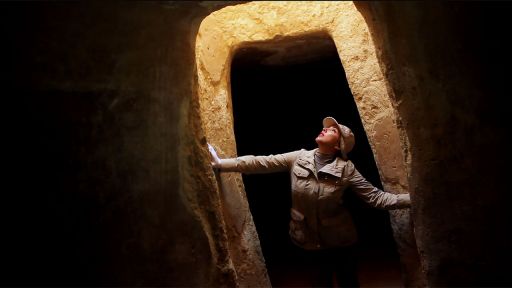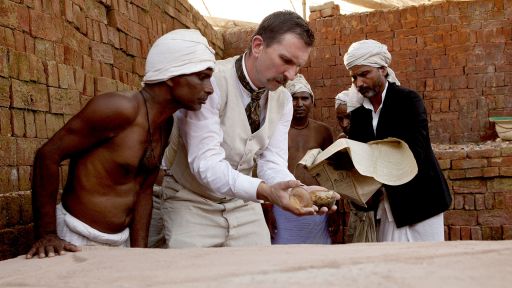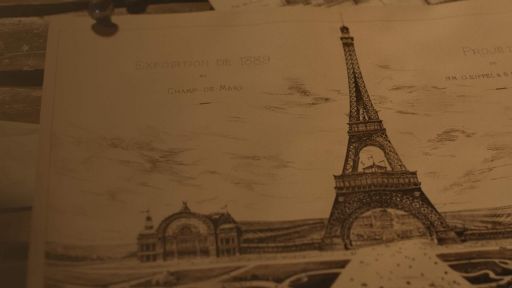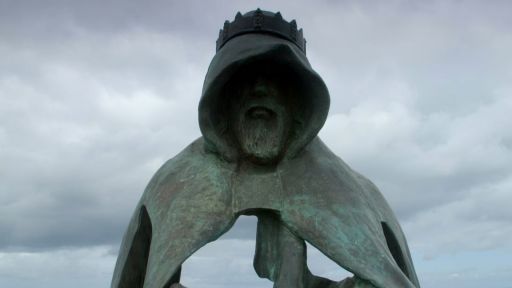The expedition to the Spice Islands becomes an unexpectedly long, arduous trip for Ferdinand Magellan and his crew. While he believed the Islands to be only 600 nautical miles away from the tip of South America, they were in reality 20,000 nautical miles away, extending the length of the trip by months.
(waves lap gently) - [Narrator] Magellan believes the Spice Islands are roughly 600 nautical miles away.
In reality, the actual distance is 30 times that.
20,000 nautical miles lie between him and his destination.
- So it's a question of scale.
His world is half the size of the real world, and that nearly destroyed his expedition.
- [Narrator] The Pacific becomes a graveyard for Magellan's crew.
Pigafetta, the voyage's chronicler, writes 'and we ate old biscuit turned to powder, 'all full of worms and stinking of urine, 'which the rats made on it having eaten the good.
'And we drank water impure and yellow.
And every time someone had drawn his last breath, Magellan quickly committed their bodies to the sea.
He probably feared some of his crew could turn into cannibals.
(ominous music) Magellan doesn't understand why, after two months in the scorching heat of the Pacific, they have not reached land.
Where are the eagerly awaited Spice Islands?
Guided by the sun and the stars, Magellan is able to determine the latitude of his position.
He knows relatively well his exact position north or south on the globe.
What he cannot measure is his east-west position, his longitude.
- And this proves critical in Magellan's voyage because as he leaves the Magellan Straits, he thinks he's only a few days, maybe a week or two, away from the Spice Islands.
So he's looking for those islands day after day after day and they're not going to be there.
He's about to cross the biggest ocean in the world and he thinks it's a pond.
The irony ultimately of Magellan is he proves his point, but he has to go way beyond what he expected would be necessary.
He has to take his men not just to the jaws of death, but beyond.
He has to take them through that and bring them out the other side.
It's a tremendous feat of human endurance, but above all of compelling leadership, (gentle music)
You May Also Like







